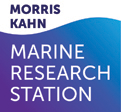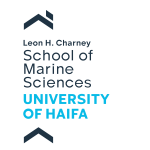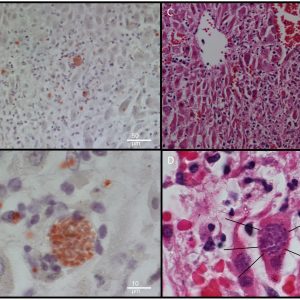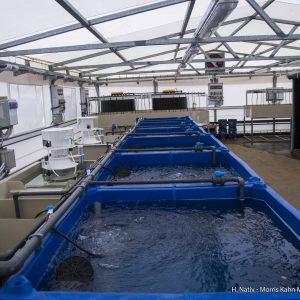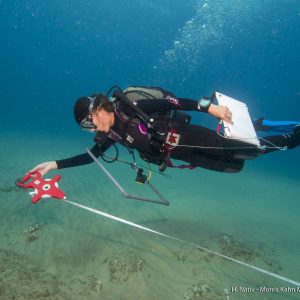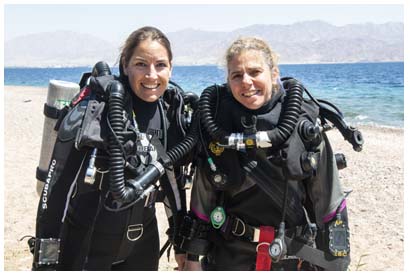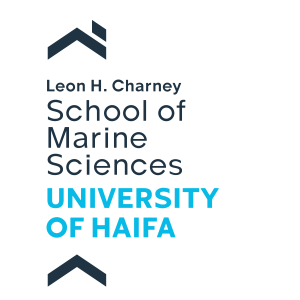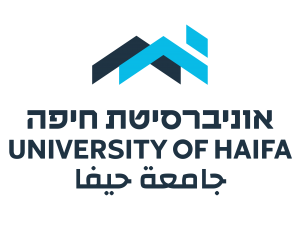Last week, divers of the Morris Kahn Marine Research Station, Leon H. Charney School of Marine Sciences, University of Haifa, were proud to support an international collaboration of scientists from Israel and Bermuda, all of whom are certified AAUS CCR divers. The operation took place at the Interuniversity Institute for marine sciences in Eilat, Israel, and examined different aspects of global climate change on impacted coral reefs.
Last week, divers of the Morris Kahn Marine Research Station, Leon H. Charney School of Marine Sciences, University of Haifa, were proud to support an international collaboration of scientists from Israel and Barmuda, all of whom are certified AAUS CCR divers. The operation took place at the Interuniversity Institute for marine sciences in Eilat, Israel, and examined different aspects of global climate change on impacted coral reefs.
On the project:
As shallow water corals continue to decline, it is important to understand how species may respond to environmental conditions across their distributional range. Given the potential for mesophotic coral ecosystems (MCEs; 30–150m depth) to serve as a refuge for coral health in the future, determining mechanisms for adaptation by corals at these depths will help predict impacts to community composition and the resilience of global coral reef systems.
Several species that exist along a broad depth distribution have been shown to differ in skeletal morphology at different depths. These variations are often suggested to result from morphological plasticity in response to differing environmental conditions at depth, such as low light intensity. Yet, variation can also result from selection, and the relative influence of acclimatization compared to adaptation on skeletal morphology remains unclear.
Dr. Tali Mass from Haifa University and Dr. Gretchen Goodbody-Gringley from the Bermuda Institute of Ocean Sciences (BIOS) have been independently assessing morphological, physiological, and molecular adaptation of corals on MCEs in Bermuda and the Gulf of Aqaba. Now, for the first time, they will collaborate to conduct a comparative study between these locations, the two most northerly coral reefs in the world, following skeletal formation and patterns of gene expression ssociated with biomineralization in juvenile corals.
Funded by the Assemble Plus Award from the EU and a travel award from the Rector of Haifa University, the team met in Eilat in March 2019, to begin the project. As qualified technical rebreather divers, Drs. Mass and Goodbody-Gringley, along with their research teams are able to access reefs beyond the depth of traditional diving limitations. So far, they have collected larvae from shallow (5 m) and deep (45 m) coral colonies and are testing attributes of development in the lab as well as on the reef. Moving forward, the team was awarded a Grant-in-Aid from BIOS to enable the group from HU to travel to Bermuda and repeat the experiment on Caribbean coral species.
